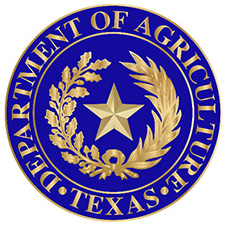House panel approves debt relief to minority farmers
The House Budget Committee approved an estimated $4 billion of debt relief for minority farmers on Monday as part of a $1.9 trillion coronavirus relief package on Monday, with one member protesting that the aid was unfair.
More adherents to voluntary climate mitigation
The Food and Agriculture Climate Alliance said on Monday that 34 additional trade groups have joined the coalition of farm, environmental and food retail groups that endorses voluntary, incentive-based and market-driven action to mitigate climate change.
EPA agrees RFS exemptions should be tightly limited
In a reversal from the Trump era, the EPA said on Monday that it supports an appellate court ruling that greatly reduces the availability to small refineries of exemptions from the Renewable Fuel Standard.
TODAY’S QUICK HITS
‘Zero out of 935’: Some 935 employees say they contracted Covid-19 while working at meatpacking plants in Minnesota but none of their workers’ compensation claims have resulted in a payment. (Minneapolis Star Tribune)
Culver leads BLM: The Biden administration appointed Nada Wolff Culver, senior policy counsel for the National Audubon Society, as appointed director of the Bureau of Land Management, which oversees 10 percent of land in the United States. (Interior Department)
Cocaine-coated corn flakes: A narcotics detector dog in Cincinnati sniffed out a shipment from Peru and headed for Hong Kong that contained 44 pounds of cocaine-coated corn flakes with a street value of $2.8 million. (Customs and Border Protection)
Naming ‘agricultural products’: Beginning with reports issued in March, the USDA and Commerce Department will include ethanol, distilled spirits and manufactured tobacco products in the U.S. definition of agricultural products, bringing it into agreement with international standards. (USDA)
The bug picture: Amid one of the worst locust plagues in decades, a startup in Kenya pays community residents to collect locusts while they rest at night so it can mill them into a protein-rich livestock feed and organic fertilizer. (Reuters)











